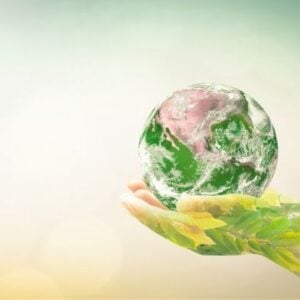The Deputy Director General of the International Organization for Migration (IOM), Ugochi Daniels, concluded a four-day mission to Somalia, where she raised urgent concerns about the escalating climate and displacement crisis. She emphasized that while Somalia contributes minimally to global emissions, its people are enduring some of the most severe consequences, including mass internal displacement, overburdened urban centers, and resource-based tensions.
During her visit, which included stops in Mogadishu and Bossaso, Daniels engaged with government officials, community leaders, women’s groups, and IOM staff to assess how communities are managing the combined challenges of droughts, floods, and conflict. These events have displaced approximately 3.6 million people and affected nearly half the population. Despite these hardships, she acknowledged the remarkable resilience and innovation demonstrated by Somali communities in response to the crisis.
Daniels called for increased international climate financing, particularly from mechanisms like the Green Climate Fund, to be directed toward vulnerable communities. She highlighted IOM’s integrated approach in Somalia that combines immediate humanitarian aid with long-term recovery efforts. These include early warning systems, disaster preparedness, infrastructure development, and livelihood diversification to foster sustainable resilience.
In displacement camps, IOM supports inclusive governance structures that involve affected individuals in shaping recovery strategies. Additionally, across rural areas, the organization is promoting land restoration and environmental peacebuilding efforts aimed at reducing conflict and fostering community stability.
In Bossaso, Daniels addressed the growing influence of climate change on migration, both within Somalia and across borders in the Horn of Africa. She stressed the importance of regional cooperation to address the broader shifts caused by environmental stressors and economic instability.
A key feature of the visit was IOM’s Co-Funding System, which enables Somali communities to co-invest in development initiatives. In 2024, local communities contributed over $500,000 to projects focused on solar energy, clean water, and agriculture, which IOM matched with more than $2 million. Women played a prominent role, with over half of water governance bodies including female leaders, underlining their role in driving resilience and recovery.
Daniels concluded with a strong message that Somalia’s climate struggle is part of a larger global crisis. She warned that failing to support these community-led efforts risks undoing years of progress. Her appeal was clear: global investment and sustained backing are essential to prevent further suffering and to ensure a just and resilient future.






